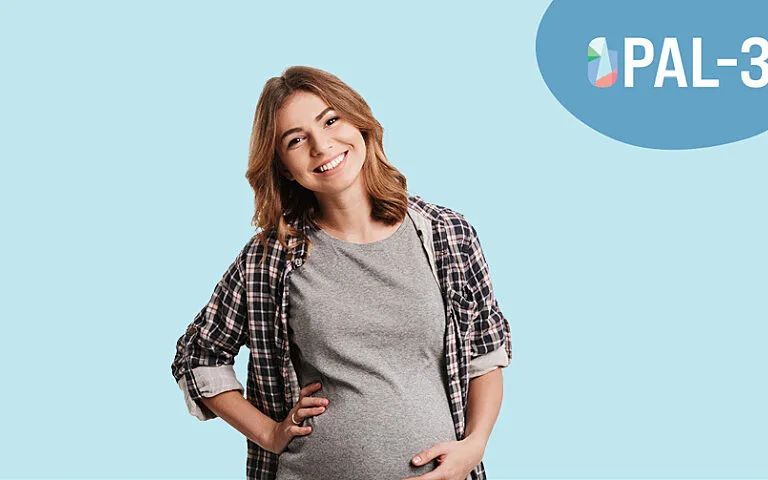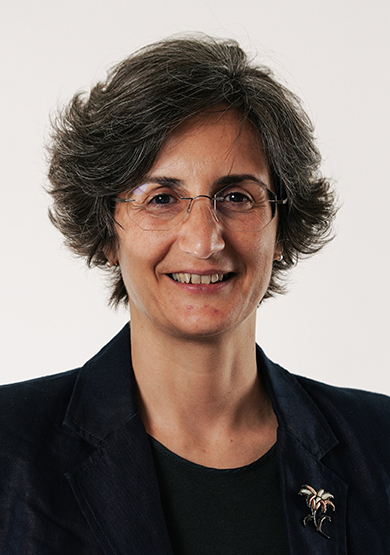Omega-3 fatty acids (found in fish and fish oils) are thought to have several health benefits including maintaining a pregnancy to full term.
Studies have shown that women who are low in omega-3 fatty acids are at increased risk of having a premature baby. This risk can be reduced by taking an omega-3 supplement.
Studies have also shown that women who have sufficient levels of omega-3 fatty acids have a lower risk of giving birth to a premature baby and do not need to take supplements.
What is not clear from the research is the best advice to provide women whose omega-3 levels fall within the moderate range.
The aim of the OPAL-3 study is to work out the optimal dose of omega-3 for these women.
PLEASE NOTE: The OPAL-3 Study completed recruitment in November 2025 and is no longer enrolling participants.

What does the study involve?
- Women with low and sufficient omega-3 levels will be asked to follow current guidelines of the Omega-3 Test-and-Treat Program.
- Women with moderate omega-3 levels will be randomly assigned to one of four groups of study supplements to take from enrolment until 37 weeks pregnant.
- All study contact is completed via online survey or phone, no in-person study visits are required.
If you have any questions about the study or would like to speak to a member of our team, please contact us on 0436 926 360 or at opal3@sahmri.com.
Project Leaders
This project is funded by the National Health and Medical Research Council and Nestlé Nutrition Institute
This study has been reviewed and approved by Women's and Children's Health Network (WCHN) Ethics Committee #2024/HRE00064




